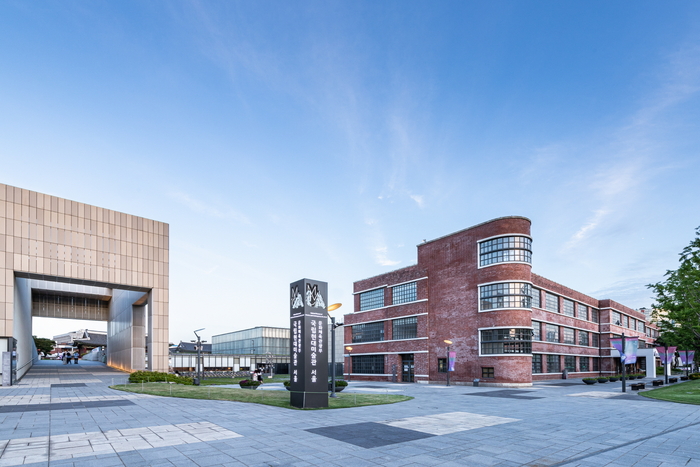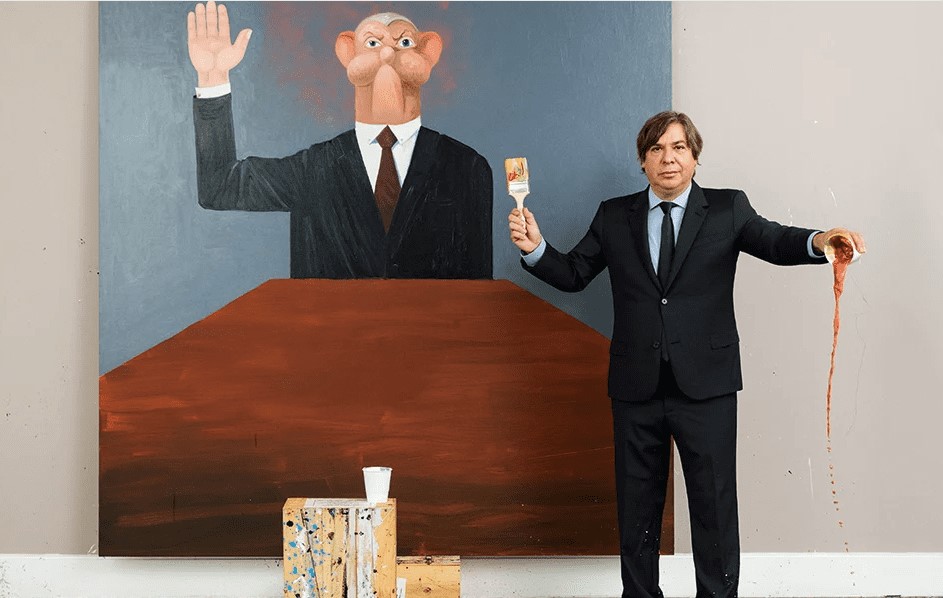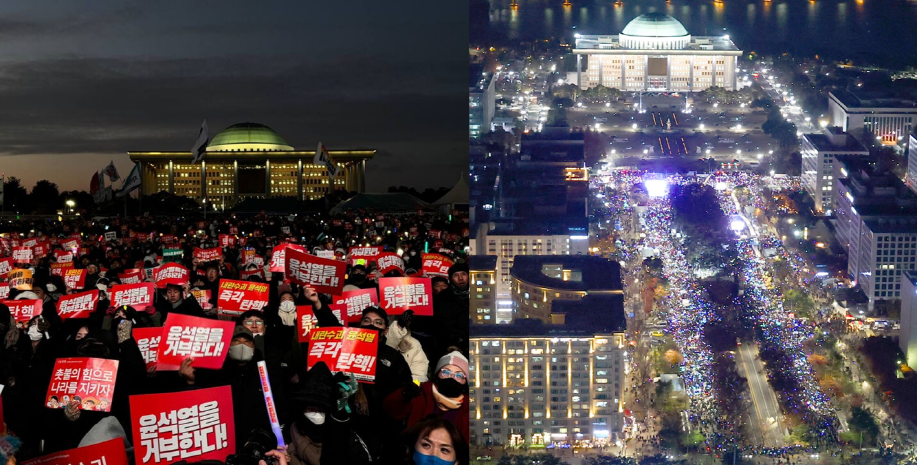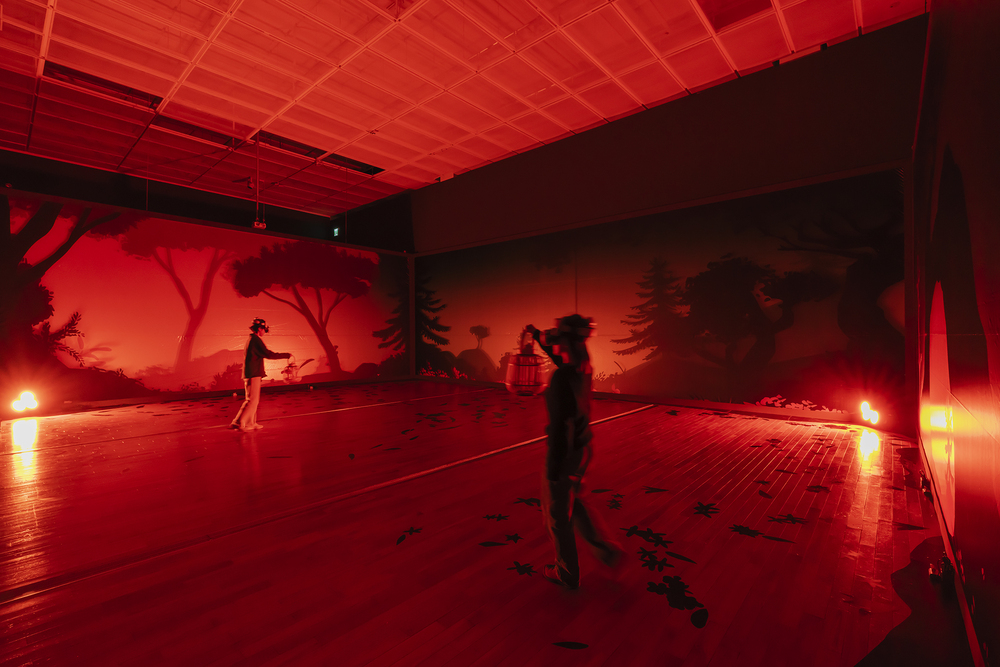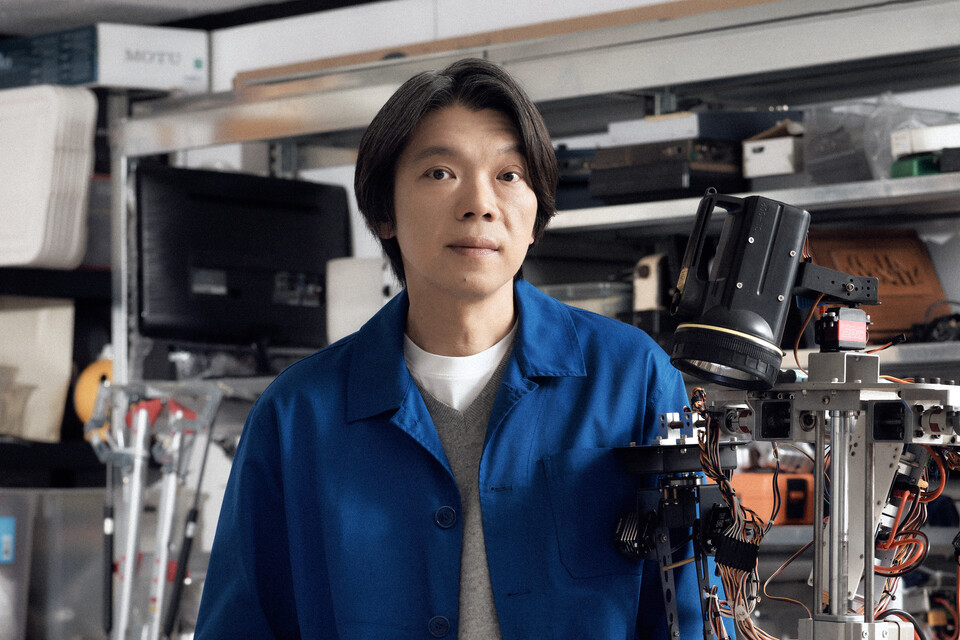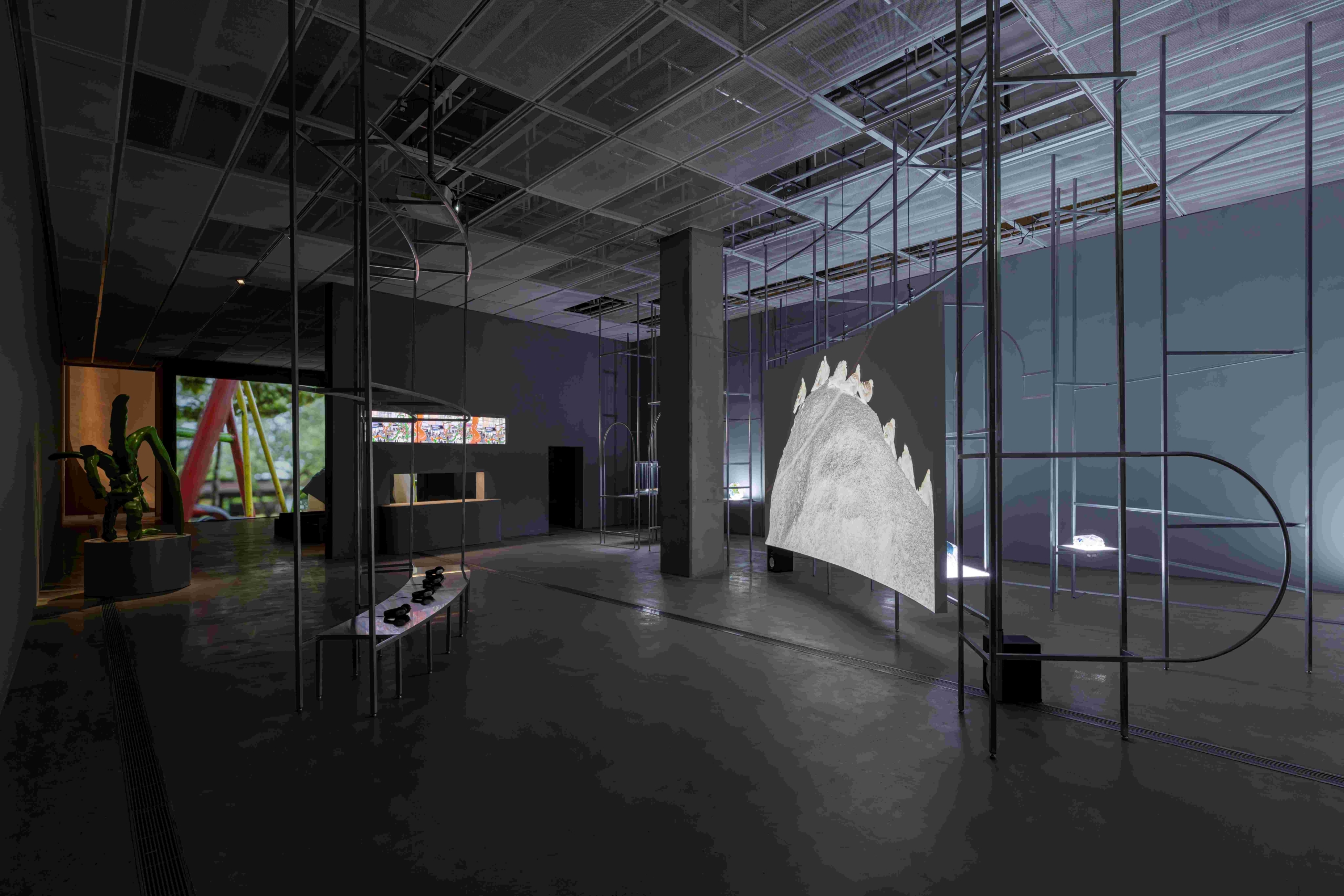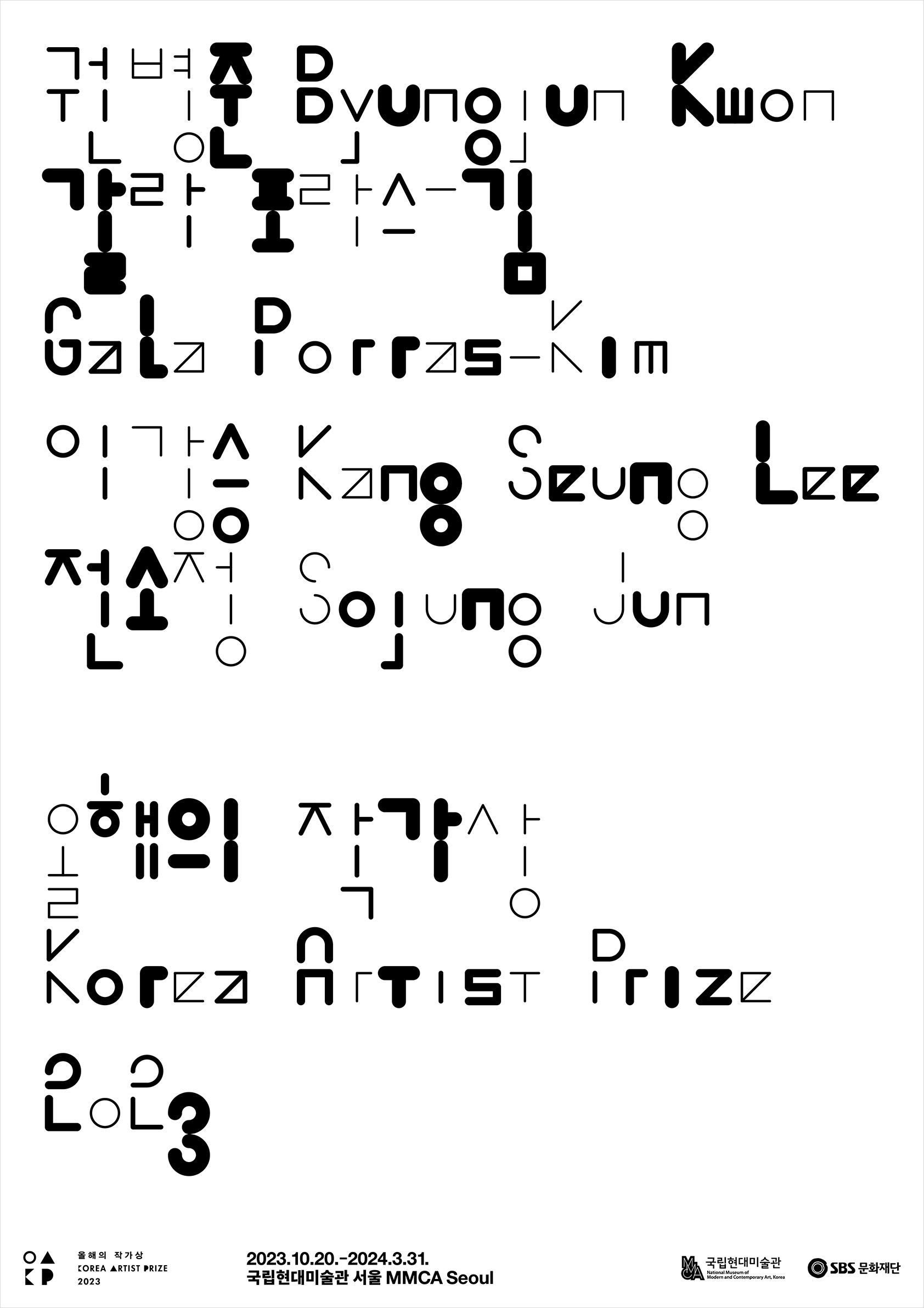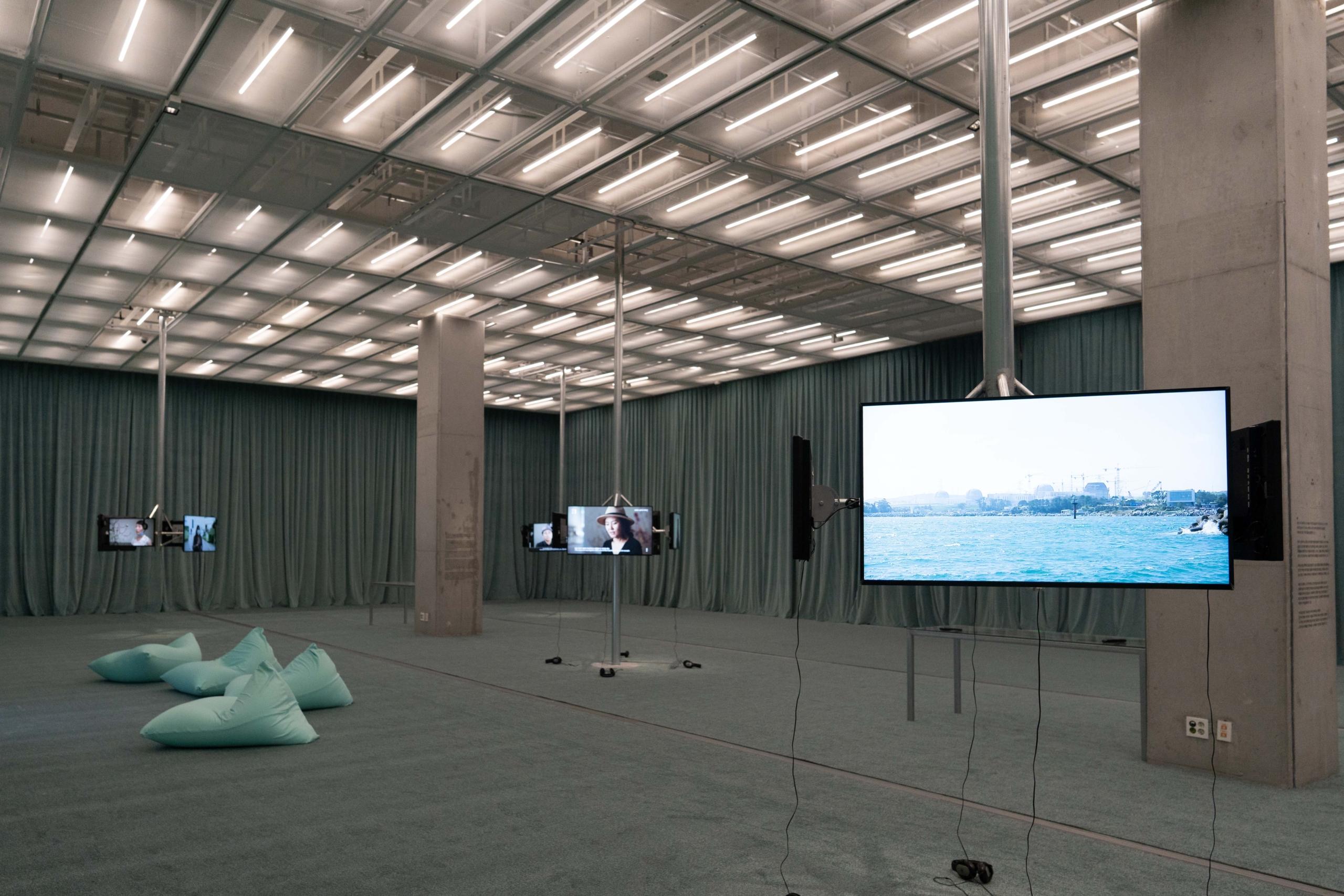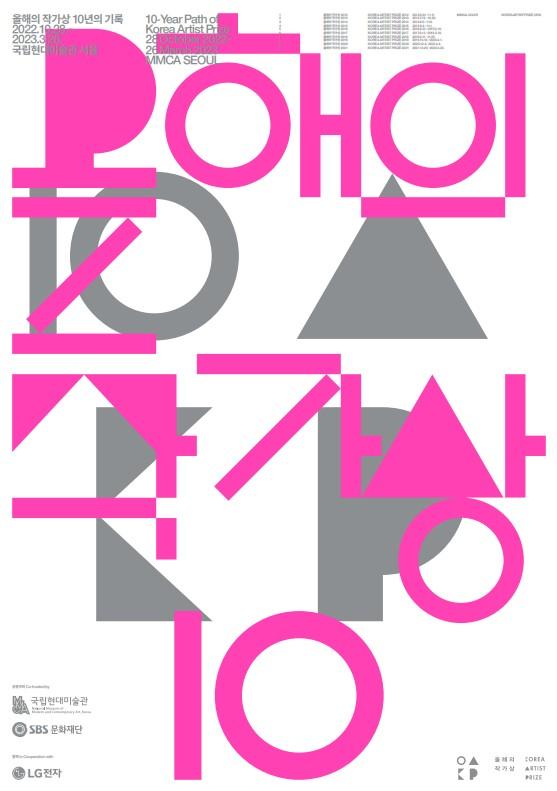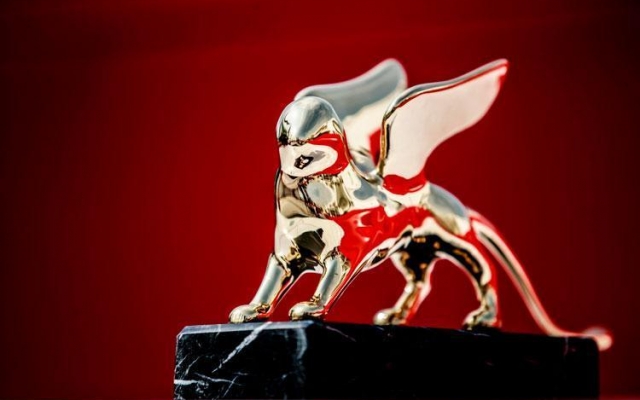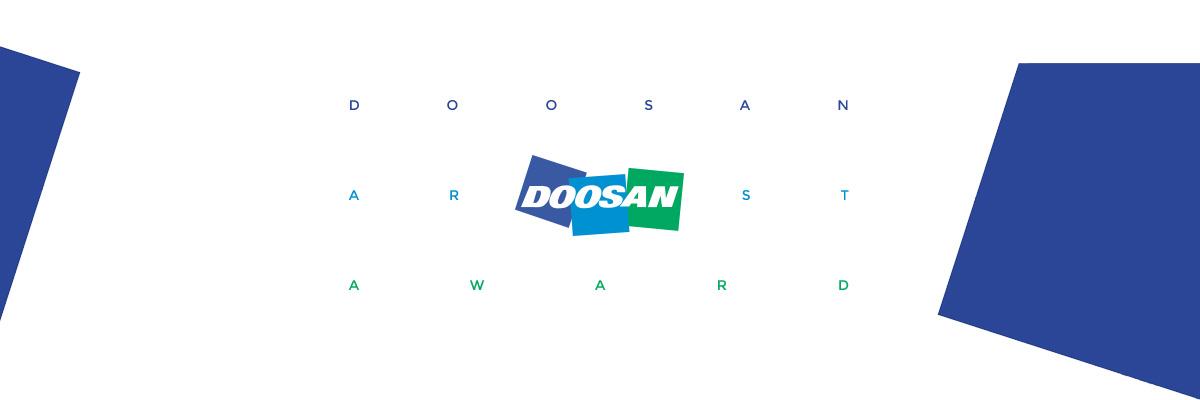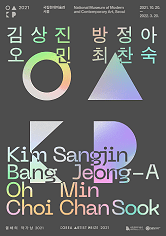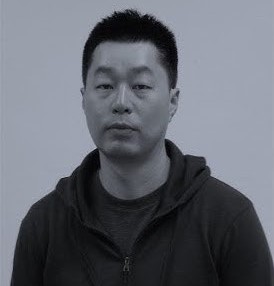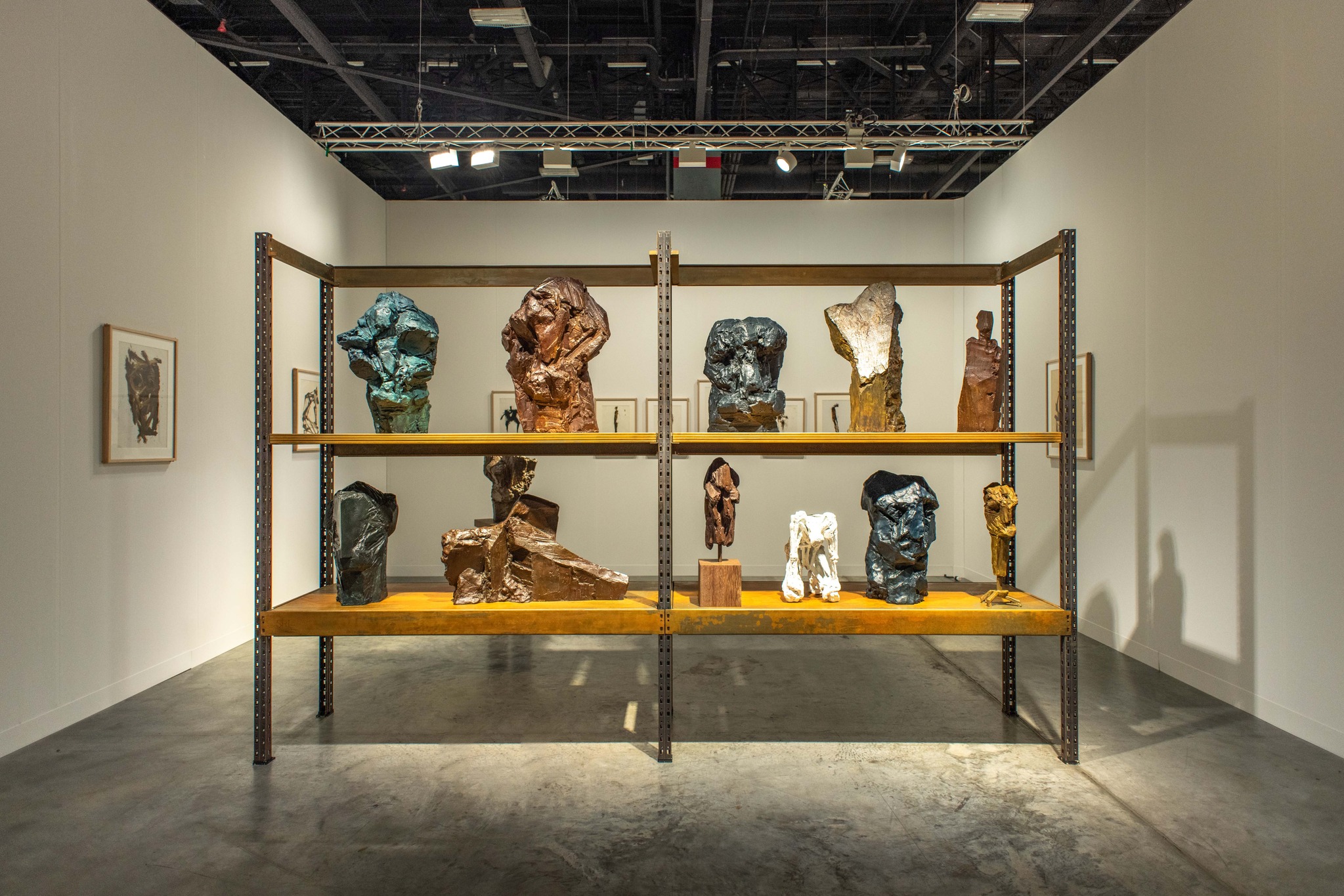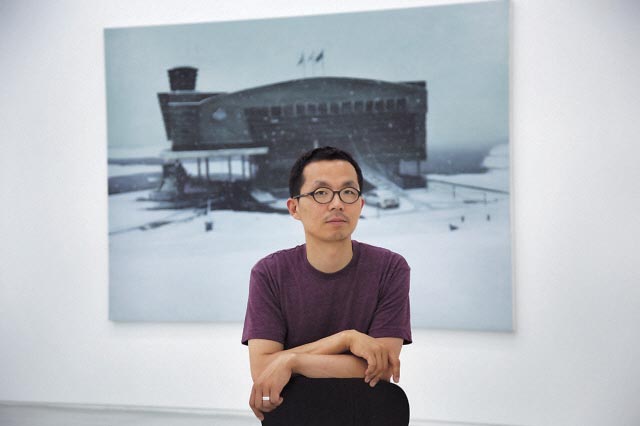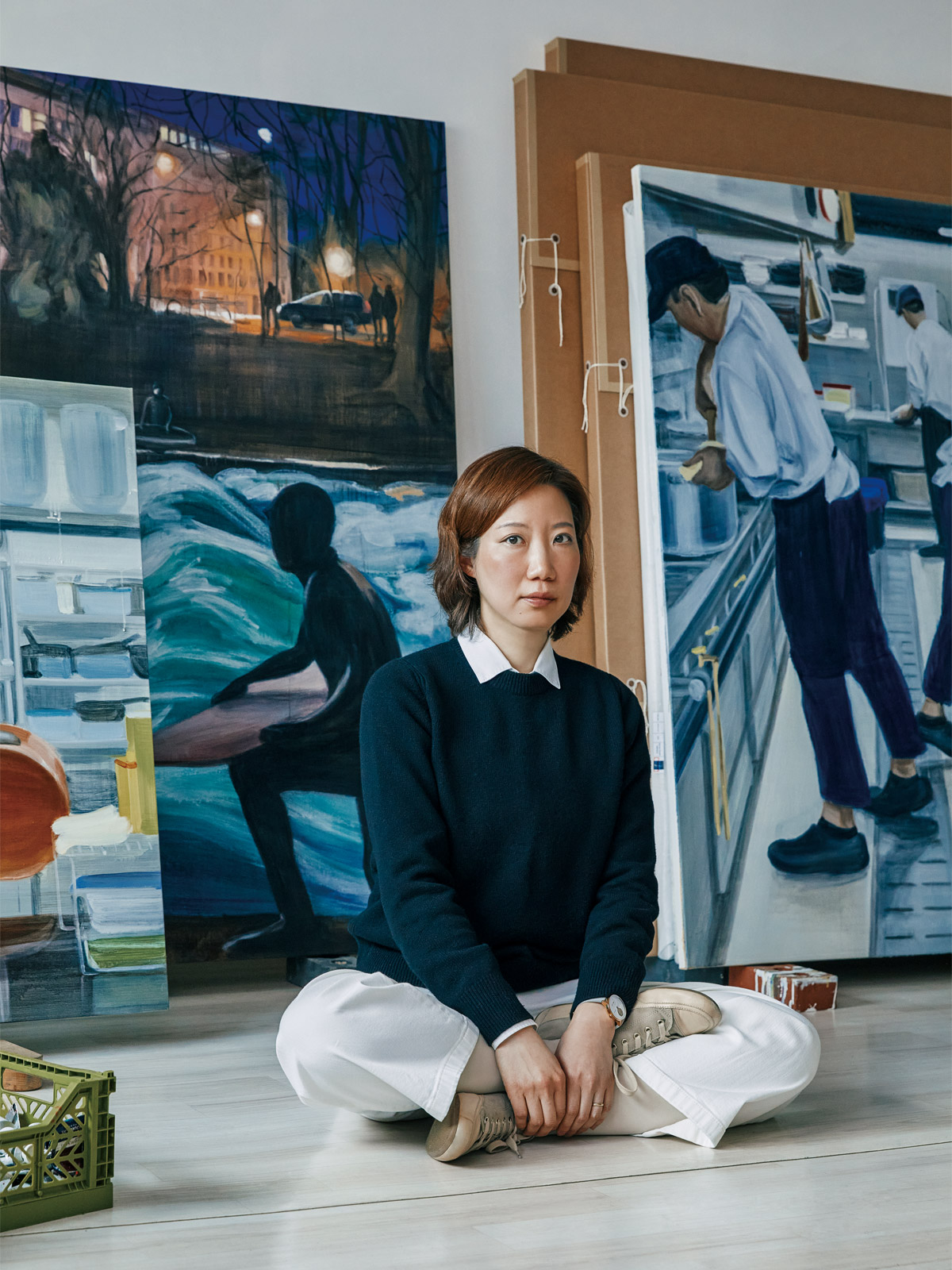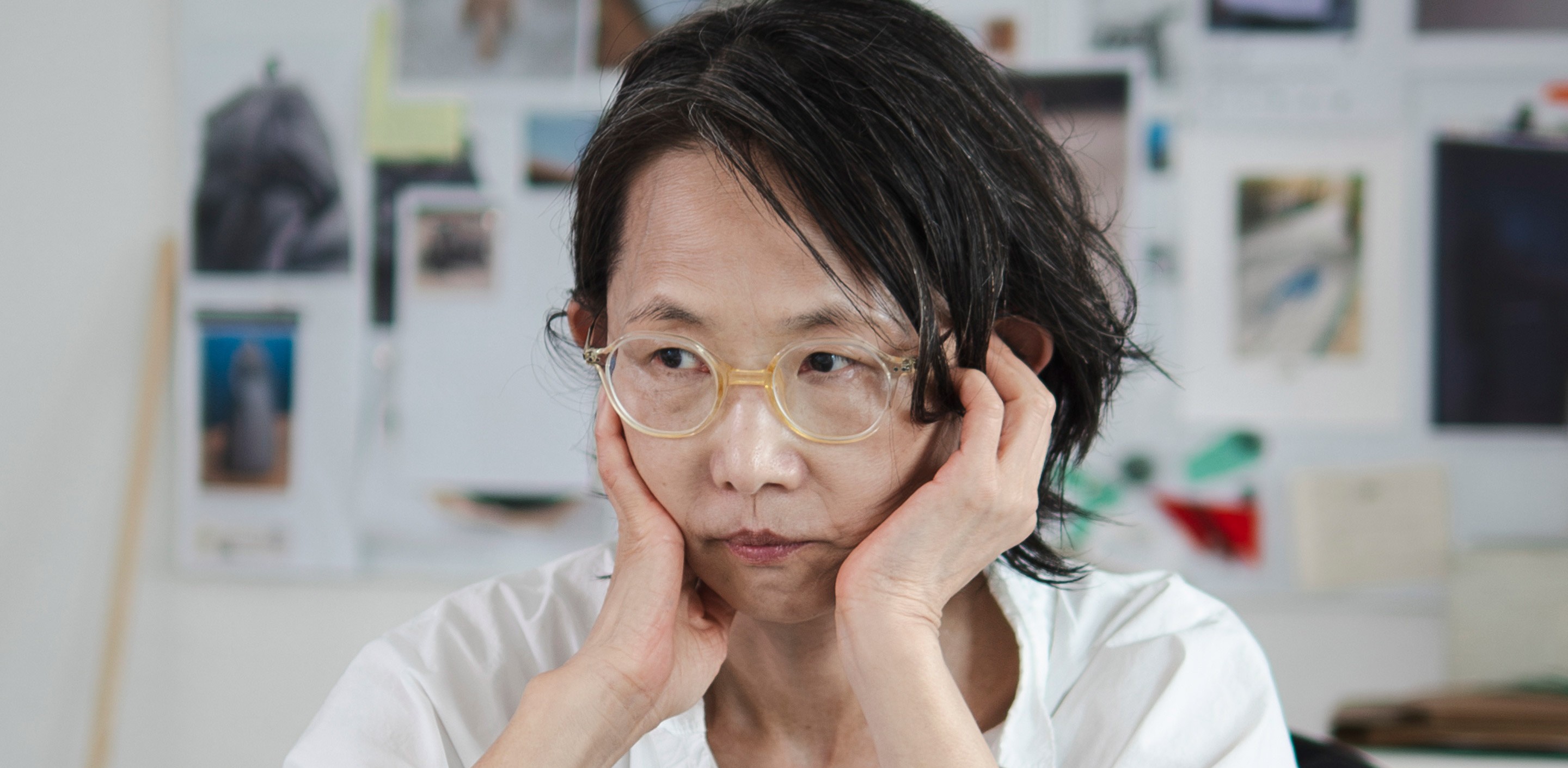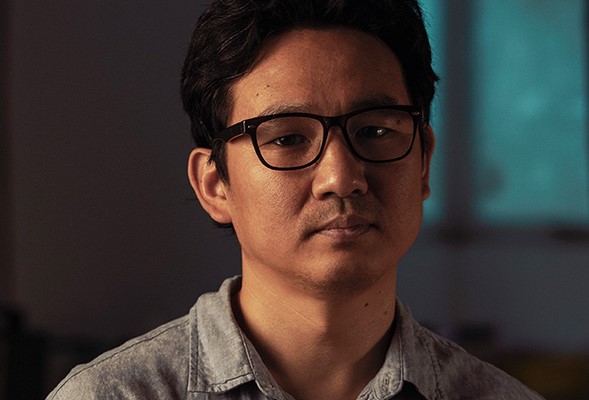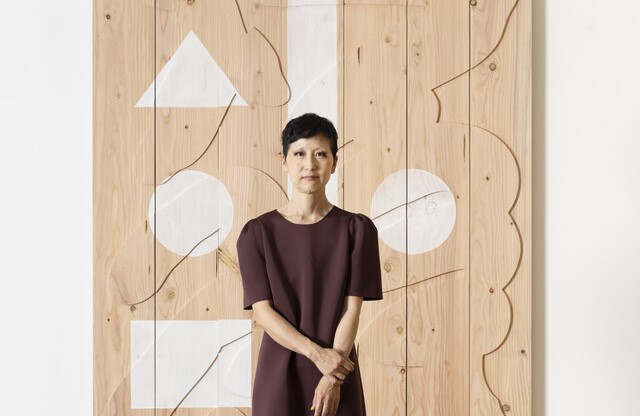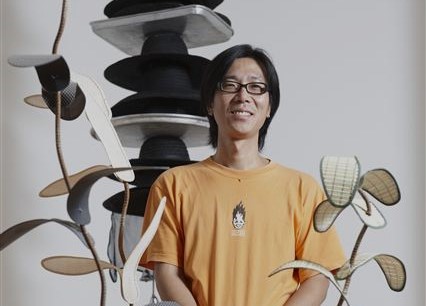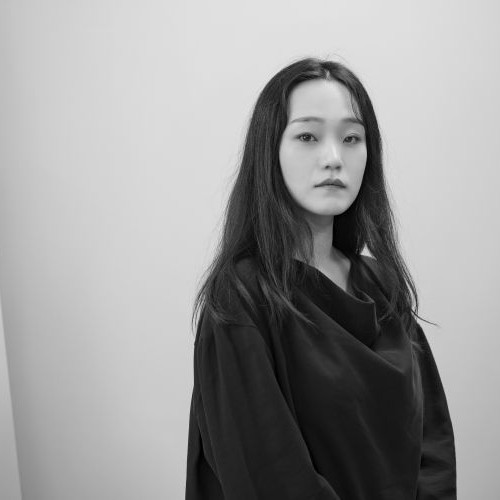International Women’s Day is celebrated annually on March 8. It was also the day the Venice Biennale announced the winners of the Golden Lion for Lifetime Achievement. On March 14, the National Museum of Modern and Contemporary Art, Korea announced the final winner of the Korea Artist Prize 2021.
The winners of both prizes are women artists who foster dialogues surrounding contemporary art and enhance discussions on wider contexts such as intercultural exchange and issues that affect our lives.
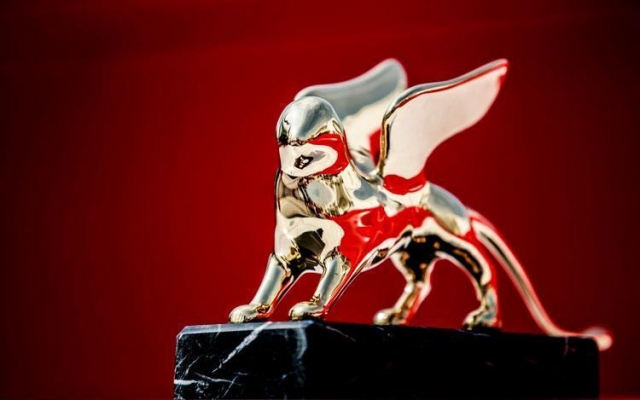
Golden Lion. ©LA BIENNALE DI VENEZIA.
La Biennale di Venezia, the world’s longest-running biennial, has announced that it will award the German artist Katharina Fritsch and the Chilean artist Cecilia Vicuña this year’s Golden Lion for Lifetime Achievement.
Fritsch and Vicuña were suggested by Cecilia Alemani, the curator of The Milk of Dreams, the 59th International Art Exhibition of the Venice Biennale, which will take place from April 23 to November 27, 2022. The artists will receive their awards on the first day of the exhibition.
The Golden Lion for Lifetime Achievement is regarded as one of the most prestigious awards that honor the outstanding achievement of a living contemporary artist in the middle or late stage of their career, in relation to their artworks in the main exhibition.
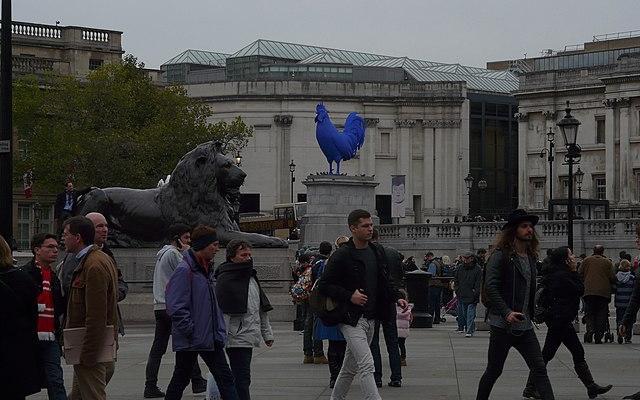
'Hahn/Cock' by Katharina Fritsch, Fourth Plinth, Trafalgar Square. Photo by Loz Pycock. CC-BY-SA-2.0.
Katharina Fritsch (b. 1956) is known for her hand-molded sculptures and installations that infuse familiar objects with uncanny sensibilities. Fritsch manipulates the scale and color of people, animals, and objects drawn from history, folklore, and personal experiences. Every detail of an object is reproduced as a sculpture, but on a different scale and in monochrome or two-tone colors. One of her best-known artworks is Rattenkönig (1993), the Rat King, a group of gigantic black polyester rodents placed in a circle, which was included in the Venice Biennale in 1999.
Fritsch’s work was featured in South Korea at the 8th Gwangju Biennale in 2010. St. Katharina & 2. Foto (Efeu) / St. Katharina & Photo 2 (Ivy) (2006–2007) was exhibited in the biennial and featured a life-sized black figurine of St. Katharina with a silkscreen of blue ivy to subvert the idea of the sacred and the secular.
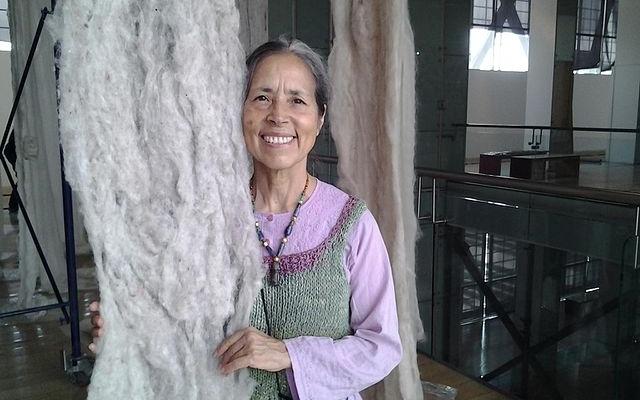
Artist and poet Cecilia Vicuña at Museno Nacional de Bellas Artes, Chile. CC-BY-4.0.
Cecilia Vicuña (b. 1948) is an activist, poet, and multidisciplinary artist who works with a variety of mediums, including poetry, film, performance, and installation. Vicuña’s multidimensional works address issues in today’s world, such as ecological destruction, human rights, and cultural homogenization, and emphasize the indigenous culture of South America. One of her works reinterprets quipus, a record-keeping device made of knotted cords that were used by the Andes people.
Vicuña’s works were recently featured in South Korea in 2021 at the 13th Gwangju Biennale, and at Lehmann Maupin, Seoul. Her work is scheduled to be exhibited in My/your Memory, a group exhibition at the National Museum of Modern and Contemporary Art, Korea (MMCA), in April. Her major solo show is planned to take place at New York’s Guggenheim Museum this year.
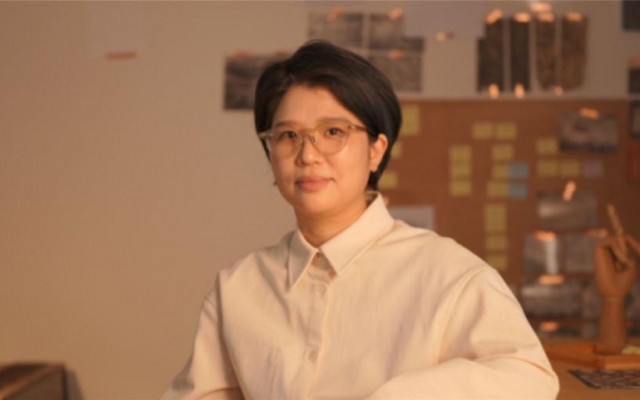
Choi Chan Sook. Courtesy of the artist, MMCA, and Korea Artist Prize.
In Korea, the MMCA has chosen the final winner of the Korea Artist Prize 2021. The honor is given to Choi Chan Sook, a Berlin-based Korean artist who focuses on telling stories of migrations, communities, and their relationship to humans through sound and video installations.
The four shortlisted candidates, Choi Chan Sook, Bang Jeong-A, Kim Sangjin, and Oh Min, whose commissioned works were featured in the museum through March 20, were judged by Eugene Tan, director of Singapore Art Museum, Defne Ayas and Natasha Ginwala, the artistic directors of the 2021 Gwangju Biennale, Choi Eun-ju, director of Daegu Art Museum, Park So-hyun, a professor at the Seoul National University of Science and Technology.
Choi was selected for her unique viewpoint and visual representation in approaching a theme that touches on a contemporary issue of global interest. Choi’s group of works presents various concepts of land – from soil, ore, and earth to new concepts of land, such as the virtual land of crypto mining – as well as their history through her video installation, qbit to adam (2021).



